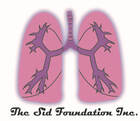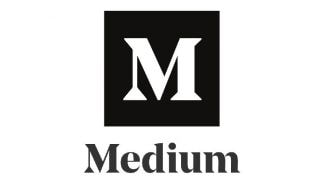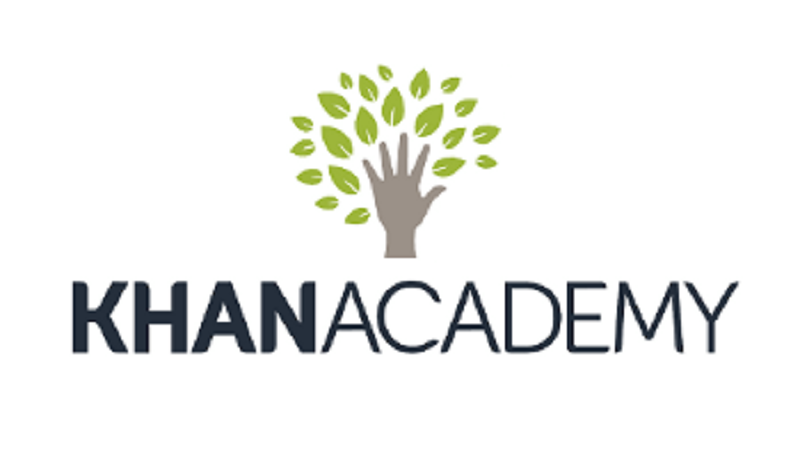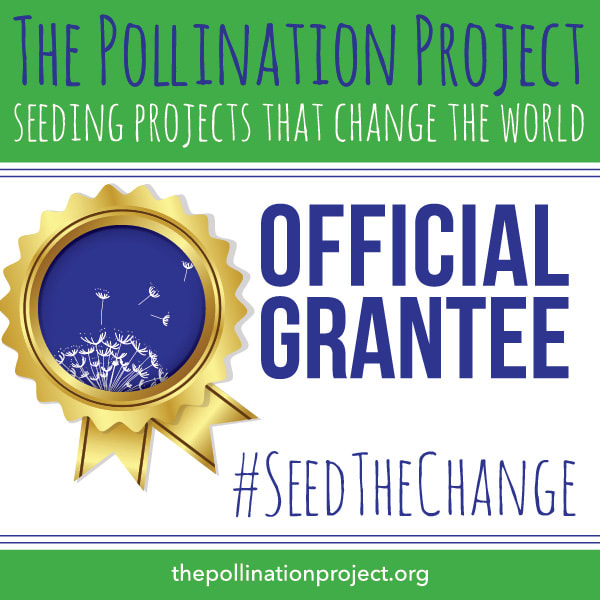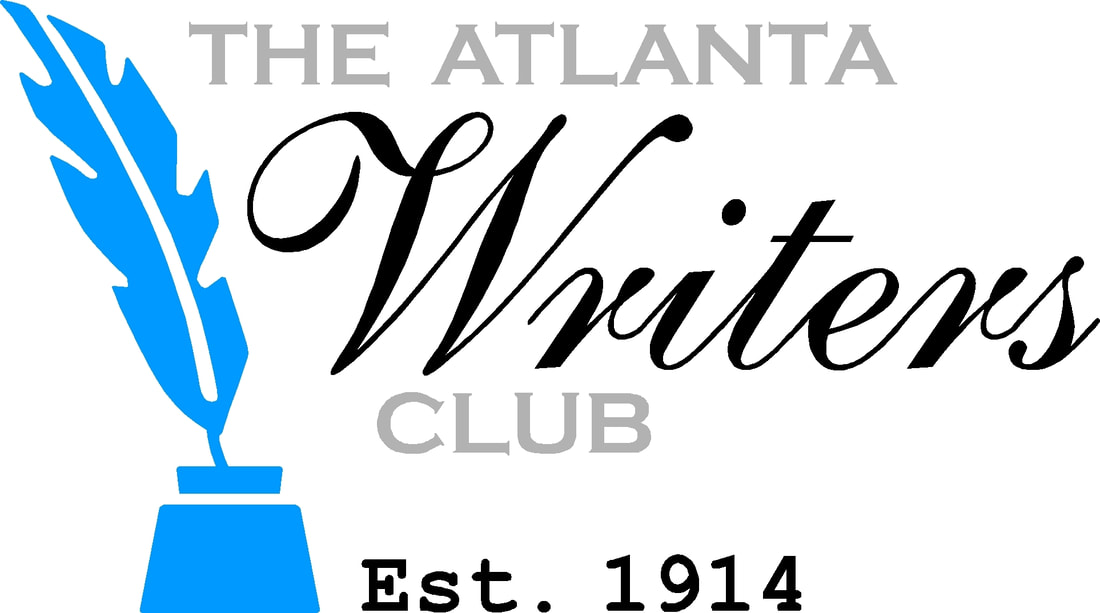|
When I began the research process for my memoir, I collected memoirs that fit any of these categories: written about an immigrant experience, written by an Asian-American (or Indian-American), contained humor, talked about loss or tragedy in a family, talked about a life threatening/changing medical condition, was written by a woman. I based these categories on what I wanted my memoir to be about. My memoir is written by an Asian-American/Indian-American woman who is an immigrant, experienced the unexpected loss of her brother at a young age, and has lived a humorous and tragic life. I took all the characteristics that made my memoir unique and looked for published memoirs that mirrored those characteristics. Another thing I considered was my writing style. Some memoirs are written in a more traditional narrative style and some are written in a more creative/poetic style. Some are written in a more passive or pensive voice and others are written in a more active or raw voice. My style tends to be a mix but it leans more on the creative/poetic side with an active, raw voice so I focused more on those memoirs. During the research process, I read and read and read. I took notes. I highlighted and bookmarked pages with little sticky notes. I also wrote a reflection piece on each of my readings (about 2 paragraphs) in which I discussed why I chose that book or essay and how it related to my memoir writing style/process. This way I could go back and read through the reflection pieces to remember what I got out of the book or essay and if there were parts in it that I could go back to and use as inspiration while writing. There are books that make you want to keep reading and there are books that make you want to keep writing. During the research process, which lasted about 3 months, I read some great books that I found interesting, relatable, and/or entertaining. I read some books that I didn’t find so interesting, relatable, and/or entertaining. Then, I read some books that I couldn’t read more than a few pages at a time because I had to keep stopping to write down all the creative ideas that popped into my head while reading. These are the books that are more than just interesting, relatable, and/or entertaining. These books remind you why you became a writer and inspire you with every sentence you read. These are my reference books. I have one book right now that I’ve been reading for over 2 months because after every page I read, I have to put it down and write something. It’s taking me forever to get through it but it’s my constant source of inspiration and reference. Before I share with you the books I used for research, I asked my friends and fellow creative nonfiction writers to share their experiences with finding inspiration and here is what they said: Lauren Small, whose exemplary work and services you can find on www.laurenlsmall.com and on Instagram, found inspiration in Charlamagne Tha God’s book Black Privilege: Opportunity Comes to Those Who Create It: “Shockingly, Charlamagne Tha God's book Black Privilege: Opportunity Comes to Those Who Create It was the most inspiring. Charlamagne is a public figure who has created his own success after a troubled past. His witty gems and humorous honesty are reminders that no matter how I feel or what others may think, I must follow my dreams.” As Lauren Small discovered, you never know where you will find inspiration. This is why it’s important to keep an open mind while doing research. Lauren May, whose beautiful writing you can find at www.laurenmay.org, found inspiration in humor. However, it wasn’t all helpful for her: “I loved reading David Sedaris, and found him the most inspiring mainly because his subject matter is pretty basic. He doesn't play with larger than life ideas, but rather takes mundane occurrences and spins them in a new way. His unique perspective makes it more humorous. I also connected to Nora Ephron, who I've always admired. (I'm a huge fan of When Harry Met Sally.) Her voice is very conversational and witty and I would absolutely read more of her." "The reading I found least effective was Sloane Crosley's I Was Told There'd Be Cake. Something about her experiences felt empty. Or maybe I just couldn't relate. I couldn't connect.” As Lauren May experienced, your research will be hit or miss. You might have to spend time reading some works that aren’t all that inspiring but they will help you learn what not to do when you begin writing. I hope my experiences and those of Lauren Small and Lauren May helped you gain a better understanding about the research process. In my next blog, which is a video, I will discuss in depth all of the books that I used for my research and how they helped me (or not) in the process. So, stay tuned for a deeper discussion on this topic in Blog 4: Finding Inspiration Part 2.
Thank you for reading and please feel free to leave comments below with any questions/concerns or topics you would like me to cover in the future. Also, I have been getting great feedback and lots of love from many of you on social media, especially, all my Facebook writing groups like Memoir Writing Group, Writers Helping Writers, Binders Full of Creative Nonfiction, and #amwriting. Thank you all! I’m so glad that you are finding useful information in these blogs! Please continue sharing them so that others can also find something valuable in them. Happy Holidays and Happy writing! :) Find me on social media! Links at the bottom of the page.
0 Comments
Leave a Reply. |
AuthorThese blogs explore my writing process and highlight my favorite writers and books. Archives
June 2022
Categories
All
|

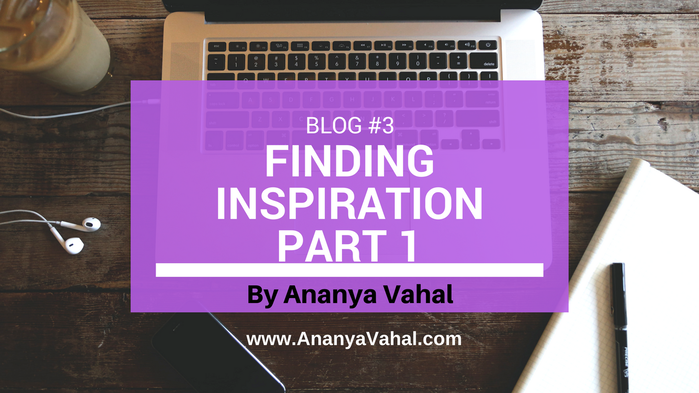
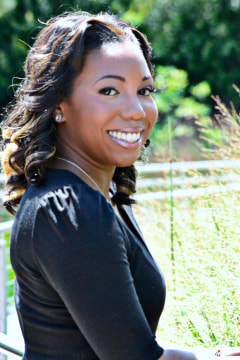
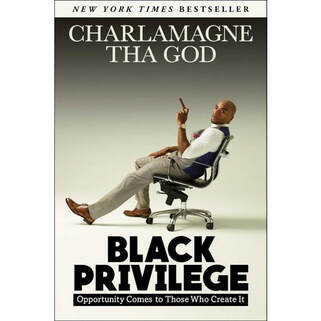
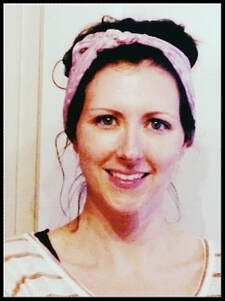
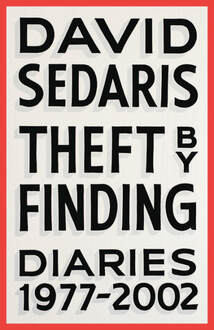
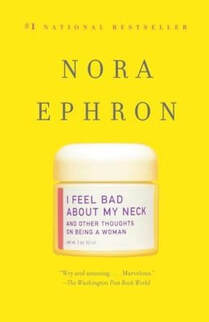
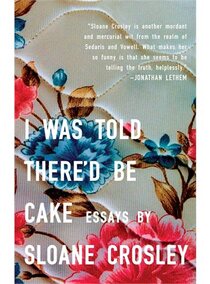
 RSS Feed
RSS Feed

